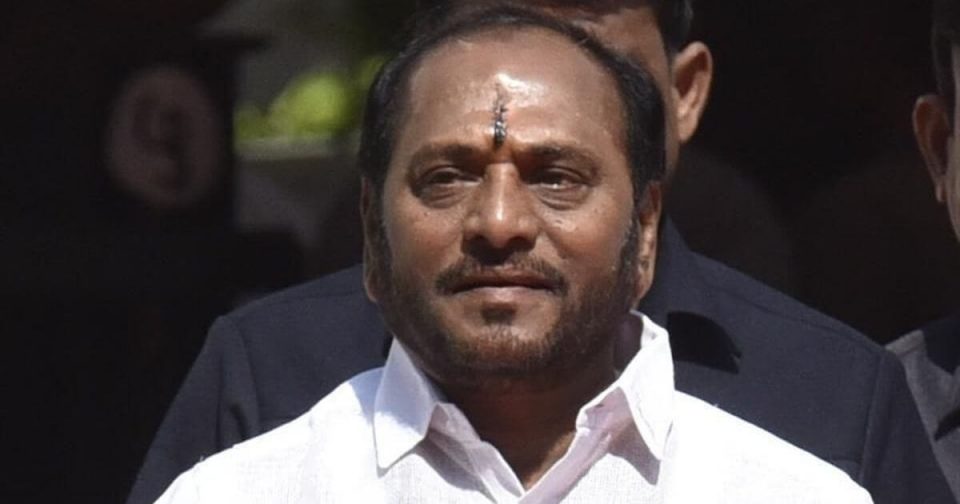Maharashtra will be totally free of plastic by next one year, said Environment Minister Ramdas Kadam today as he listed the ill-effects of using the material.
On March 23, the BJP-led government imposed a ban on a slew of plastic products in the state. It had issued a notification, baning manufacture, use, sale, distribution and storage of plastic materials such as one-time-use bags, spoons, plates, PET and PETE bottles and also thermocol items.
“This is not the first time that plastic has been banned (in Maharashtra). Plastic below 50 microns (thickness) was first banned by the government in 2006 but it was not properly implemented.
“Over 1,200 tonnes of plastic waste is created every day, but we don’t know how much of it is recycled,” Kadam said.
He was speaking at a plastic recycling initiative, “Bottles for Change”, launched by leading mineral water brand Bisleri on the occasion of the World Environment Day.
Kadam claimed 80 per cent of banned plastic items are being smuggled into the state from neighbouring Gujarat and only 20 per cent of them are manufactured in Maharashtra.
“Irresponsible usage of plastic has led to environmental degradation, climate change. When plastic is burnt, it creates sulphur fumes which are carcinogenic.
“It is highly possible that the fish we consume have traces of plastic in them,” Kadam said.
He said private companies periodically show him presentations on how they intend to recycle plastic, but he remains unconvinced with their arguments.
“The day they come and tell me this is what they have (actually) done, then I will be satisfied,” he said.
“We have come to know that there are about 120 bottled water selling companies in Vasai-Nallasopara areas (on Mumbai outskirts) that are operating illegally. They need to be shut immediately,” the minister said.
“I will not let people die of cancer, animals suffer nor let the environment to be degraded further. Maharashtra will be 100 per cent plastic-free in one year,” Kadam said.
Industries Minister Subhash Desai, who was also present at the event, said disposal of plastic products should be made the responsibility of their manufacturers.
“We all point towards plastic and term it as the culprit. However, we are the real culprits for not disposing plastic off properly. We are the pollutants,” Desai said.
Companies should make plastic disposal an inseparable part of their business, Desai added.
As an independent media platform, we do not take advertisements from governments and corporate houses. It is you, our readers, who have supported us on our journey to do honest and unbiased journalism. Please contribute, so that we can continue to do the same in future.

